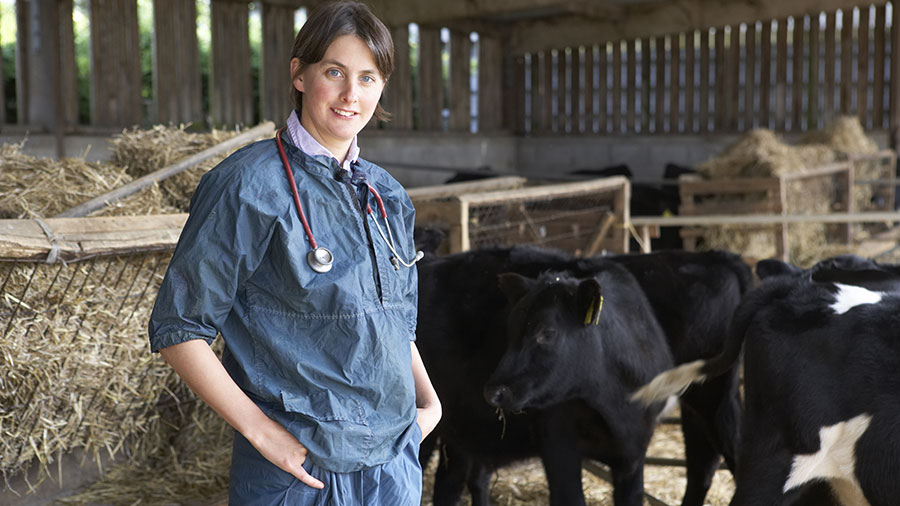Taking care of a farm involves more than just planting crops and raising animals. Ensuring the health and well-being of your livestock is crucial for a successful farm. One essential partner in achieving this goal is your veterinarian.
In this guide, we’ll explore how you can collaborate effectively with your vet to achieve the best outcomes for your farm.
Regular Check-Ups Matter:
Just like people, animals need regular health check-ups. Schedule routine visits with your vet to monitor the overall health of your livestock. These check-ups help identify potential issues early on, preventing them from escalating into more significant problems.
Open Communication is Key:
Communication is the foundation of any successful partnership. Keep an open line of communication with your vet. Share your observations about your animals’ behavior, eating habits, and any concerns you may have. The more information your vet has, the better they can understand and address the needs of your farm.
Understand Preventative Measures:
Prevention is often better than cure. Work with your vet to establish a comprehensive preventative care plan for your animals. This may include vaccinations, parasite control, and a proper nutrition regimen. Preventing diseases before they occur is not only more humane but also cost-effective for your farm.
Tailored Nutrition Plans:
Proper nutrition is the cornerstone of animal health. Collaborate with your vet to create tailored nutrition plans for different stages of your animals’ lives. Whether you’re raising calves or managing a herd of dairy cows, a well-balanced diet is essential.
Mention any specific needs or constraints your farm may have, and work together to find the best solution.
Emergency Preparedness:
In farming, emergencies can happen. Discuss and plan for potential emergencies with your vet. Ensure you have a basic first aid kit for your animals, and know how to administer basic treatments. Your vet can guide you on essential skills and provide advice on managing emergencies until professional help arrives.
Integrating Technology:
Modern technology has made its way into the farming industry, and it can be a valuable asset. Discuss with your vet how technology, such as monitoring systems and data analytics, can benefit your farm. These tools can help in early detection of health issues and provide insights for better decision-making.
Quartermaster Medicine for Cows:
Quartermaster medicine is an integral part of keeping your cows healthy. This type of medicine involves treatments and medications specifically designed for cattle. Work closely with your vet to understand the appropriate use of quartermaster medicine for cows. Discuss preventive measures and treatment options to keep your herd in top condition.
Regular Training for Farm Staff:
If you have farm staff, ensure they are adequately trained to handle basic health issues and emergencies. Your vet can provide training sessions to familiarize them with common farm animal health issues and the best practices for handling them. This knowledge can be invaluable in maintaining the well-being of your livestock.
Conclusion
Collaborating with your vet is a key aspect of successful farm management. Regular check-ups, open communication, preventative measures, and embracing technology can contribute to the overall health and productivity of your farm.
By working closely with your vet, you can ensure the best outcomes for your animals and the success of your farm in the long run.
